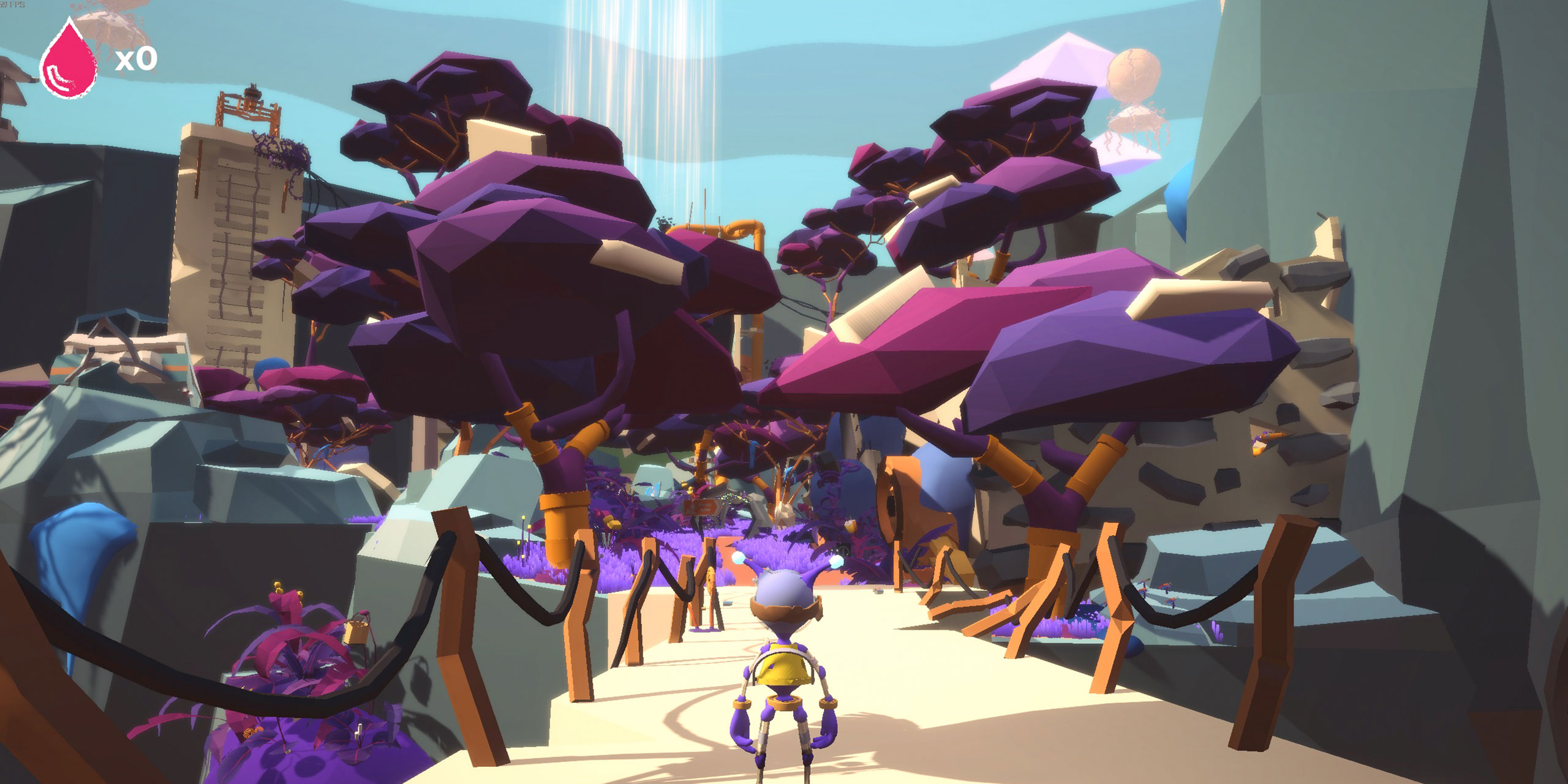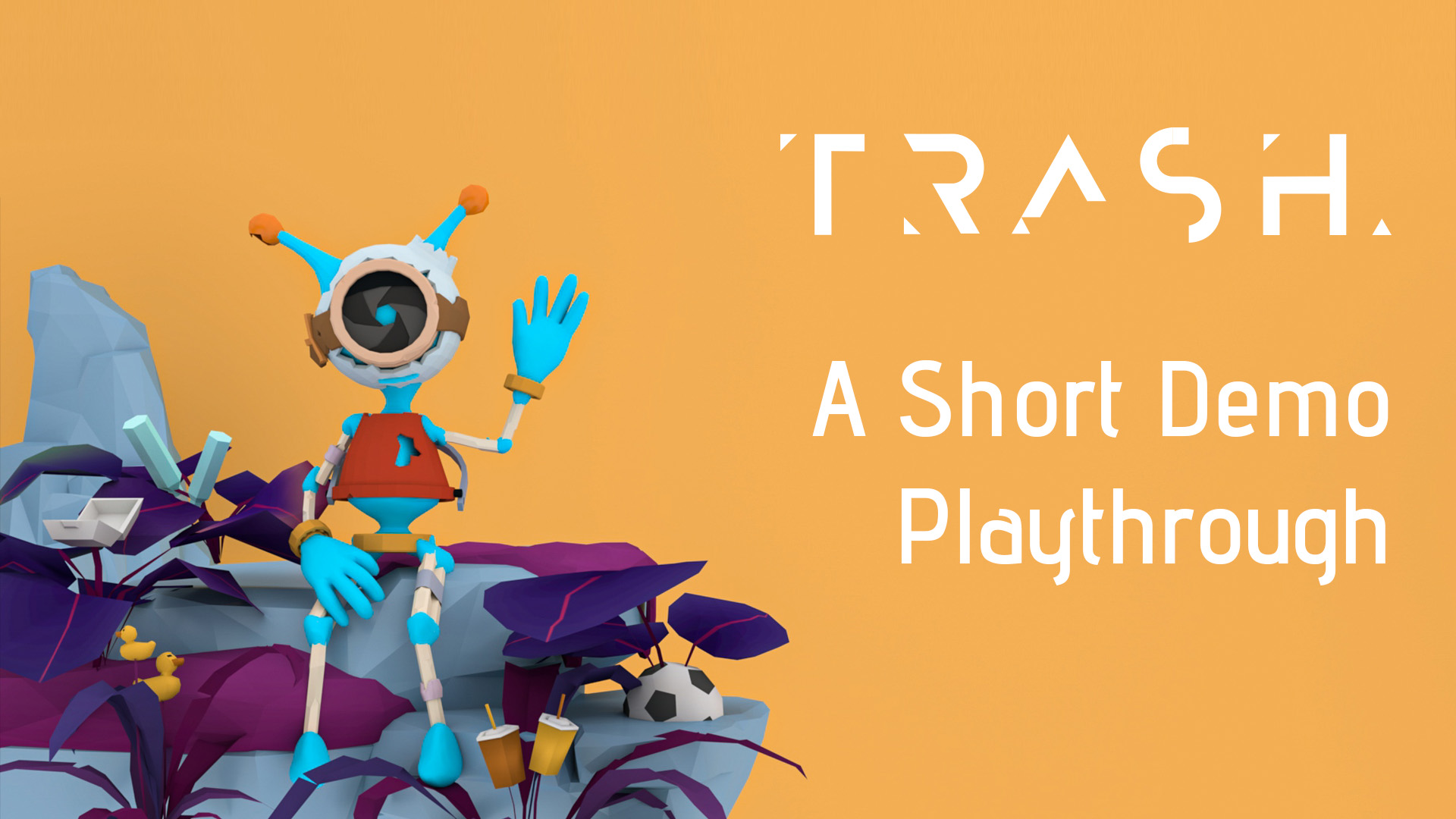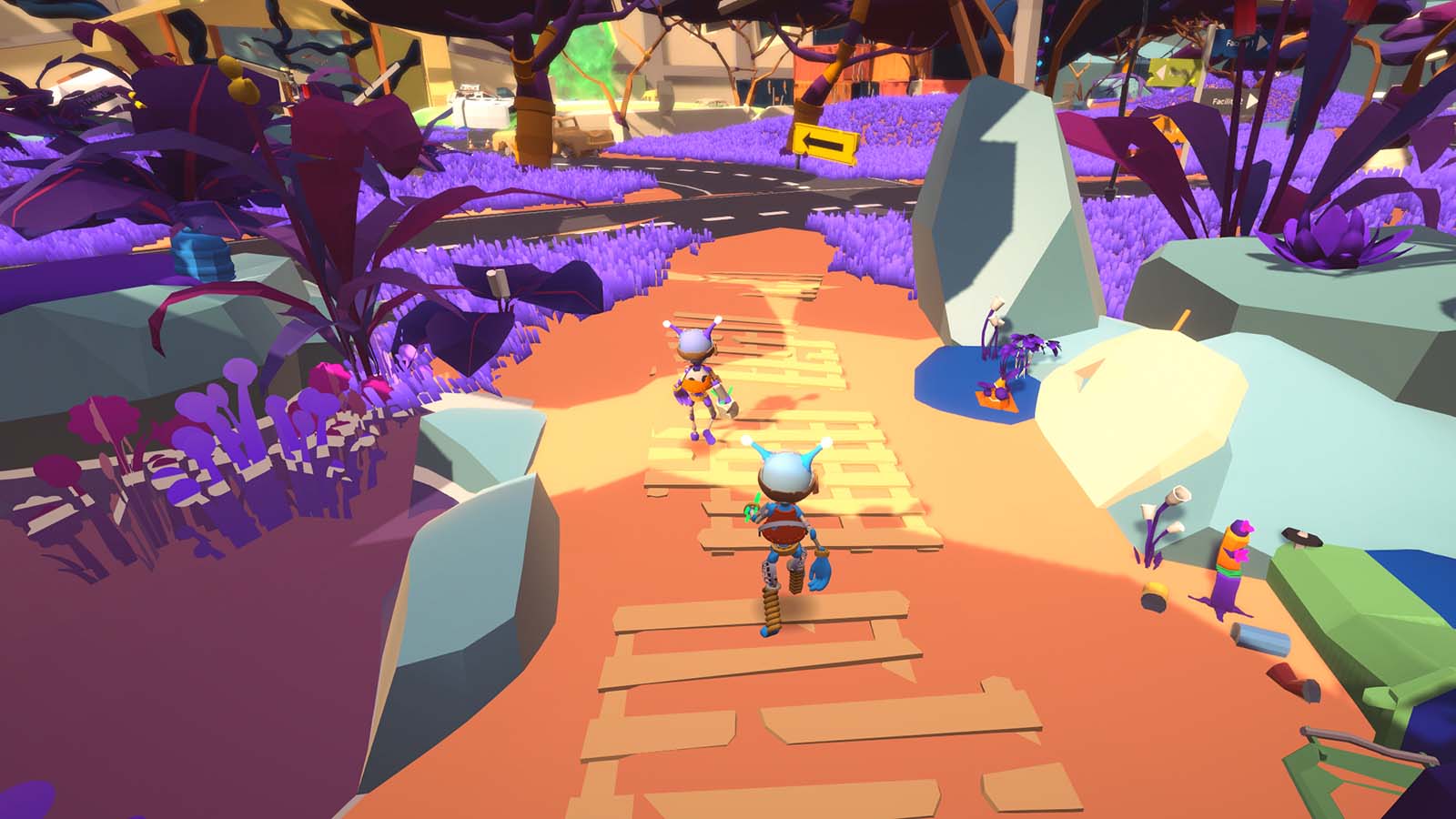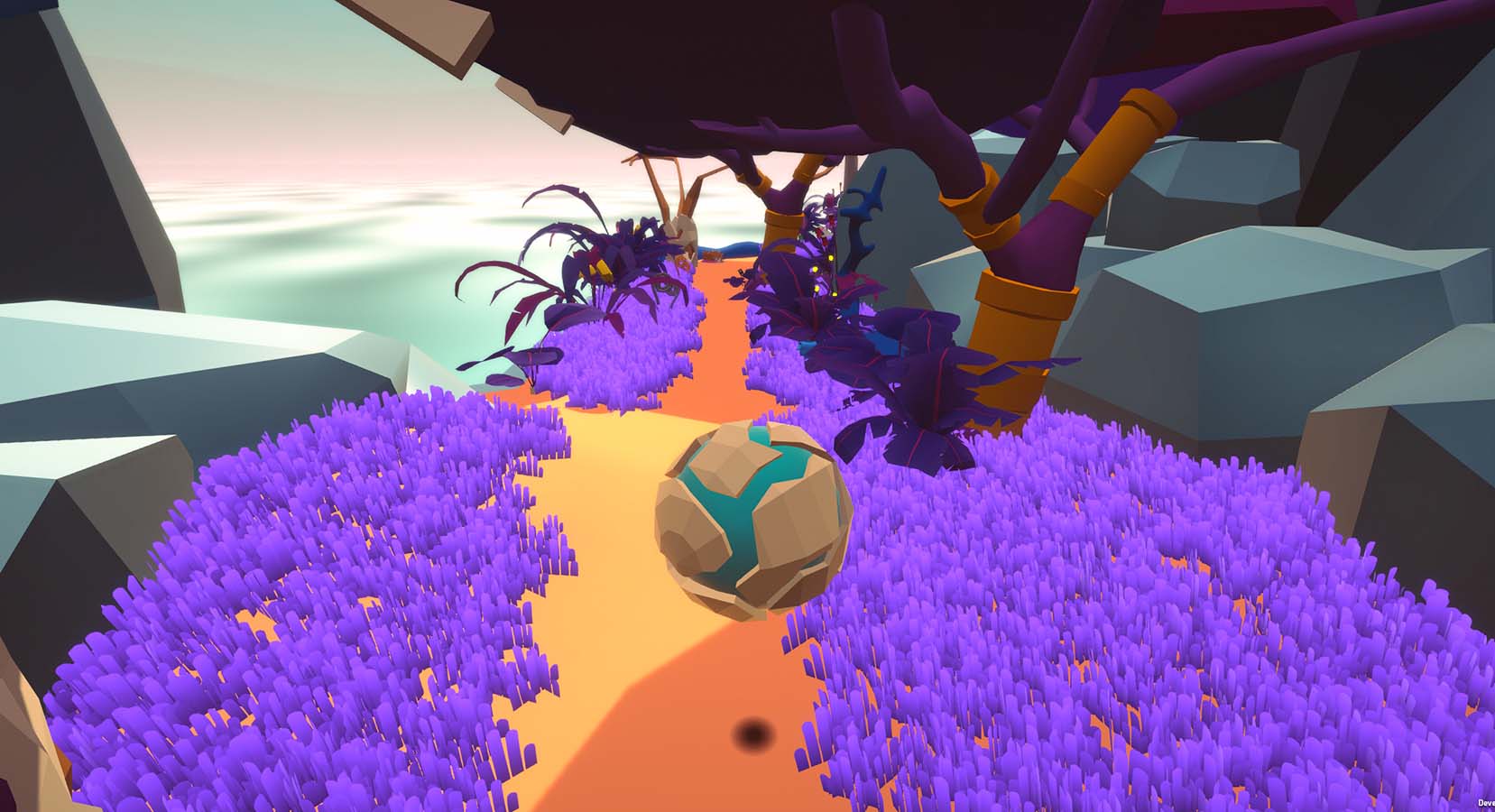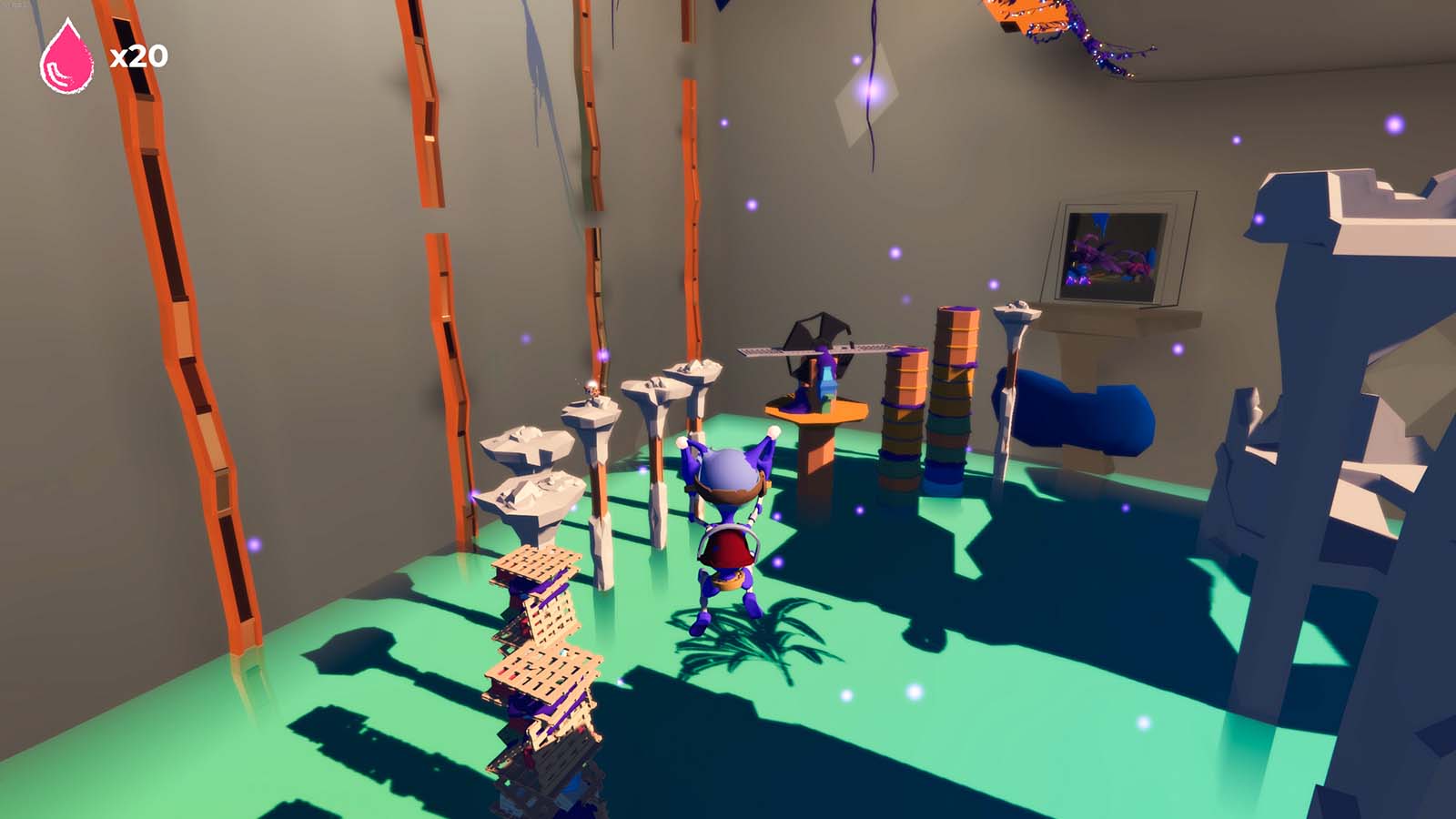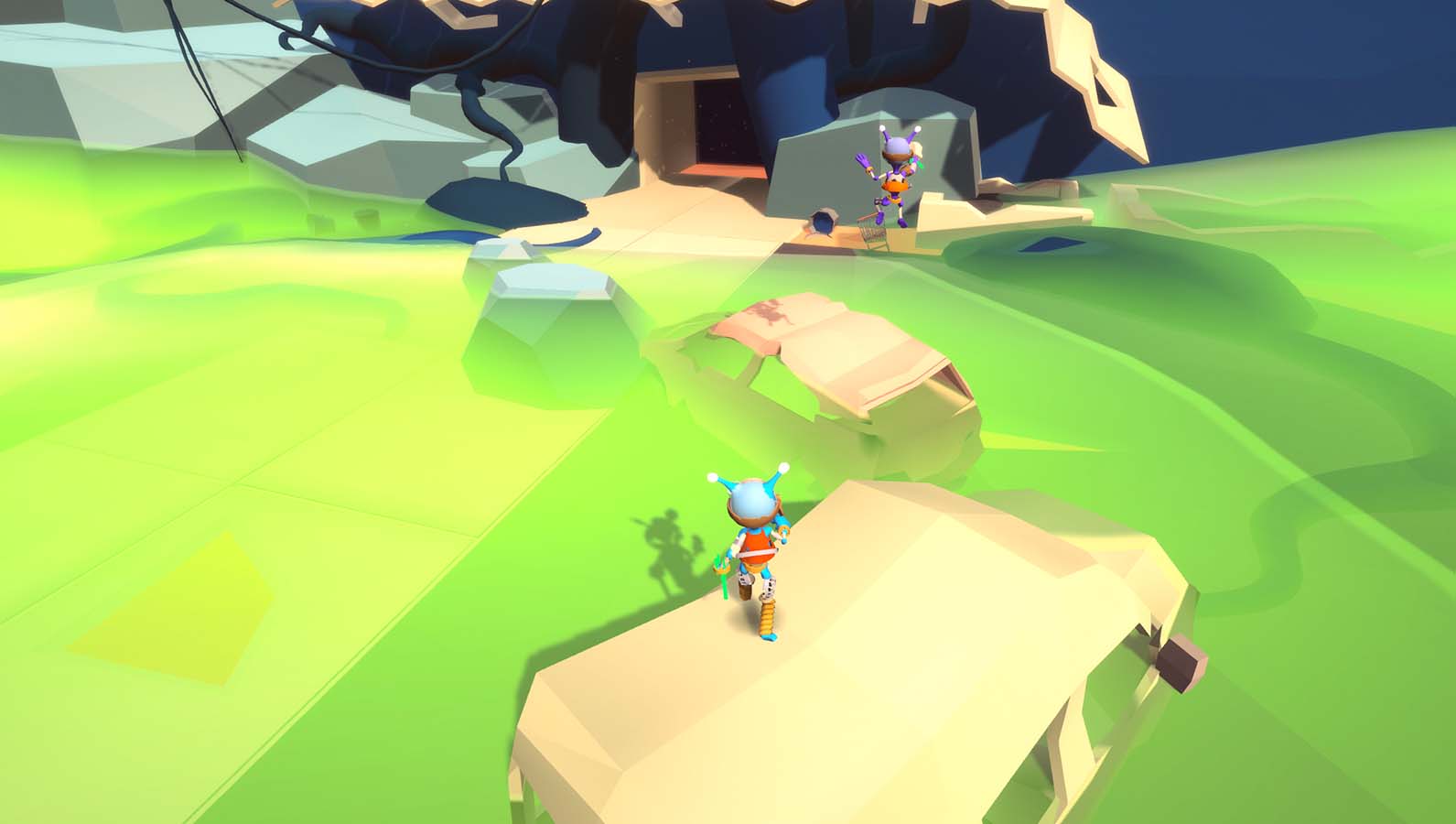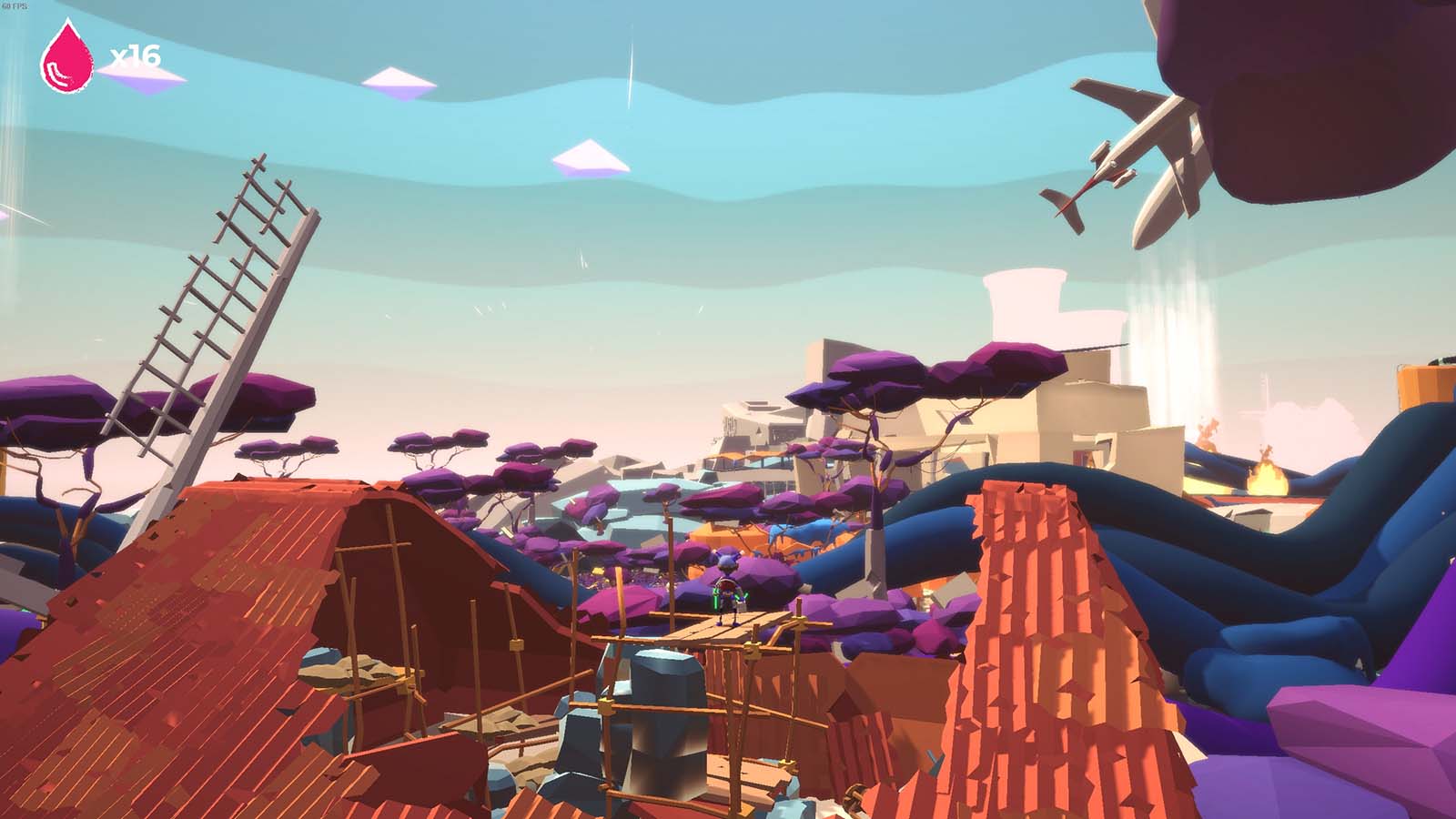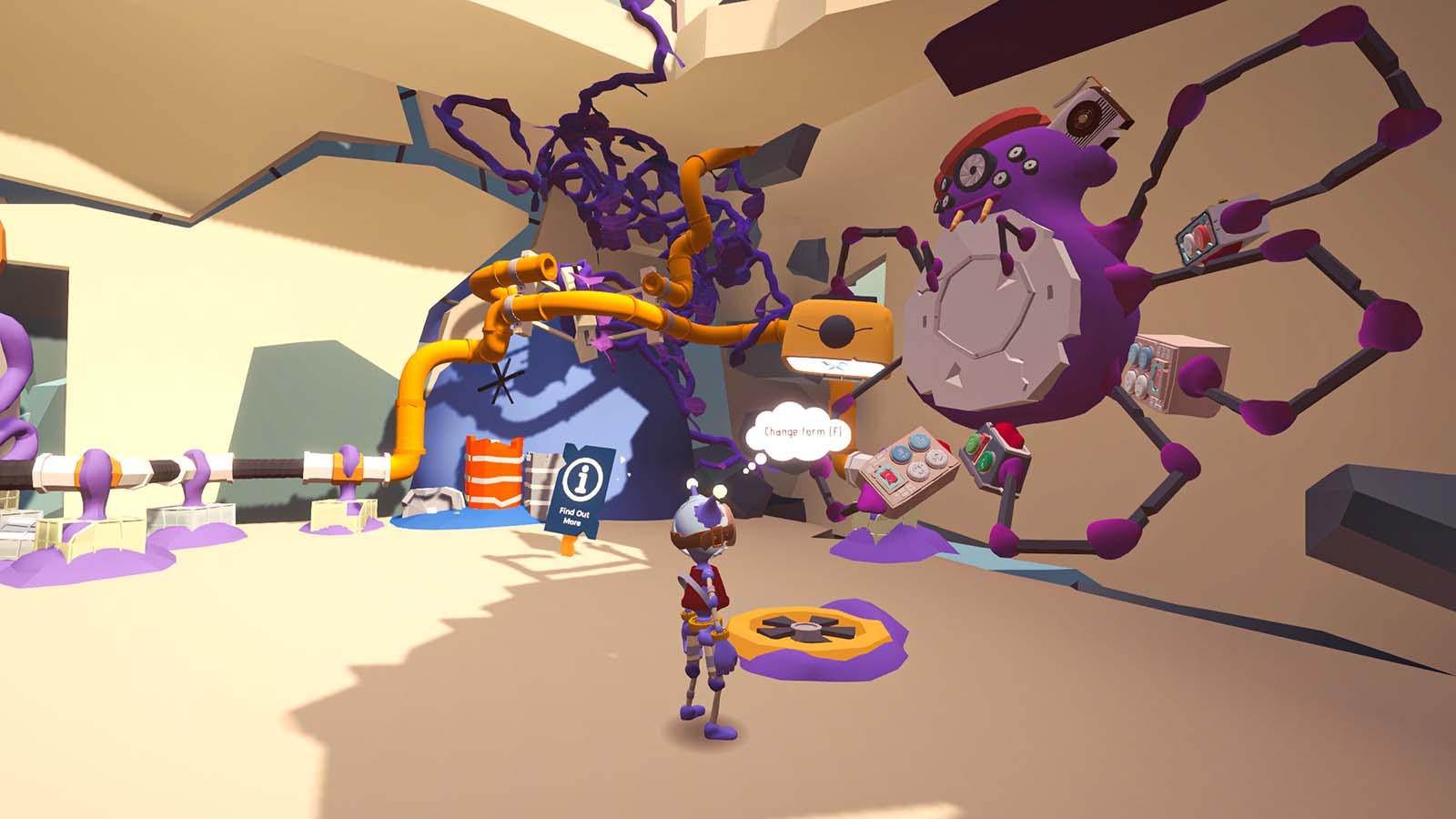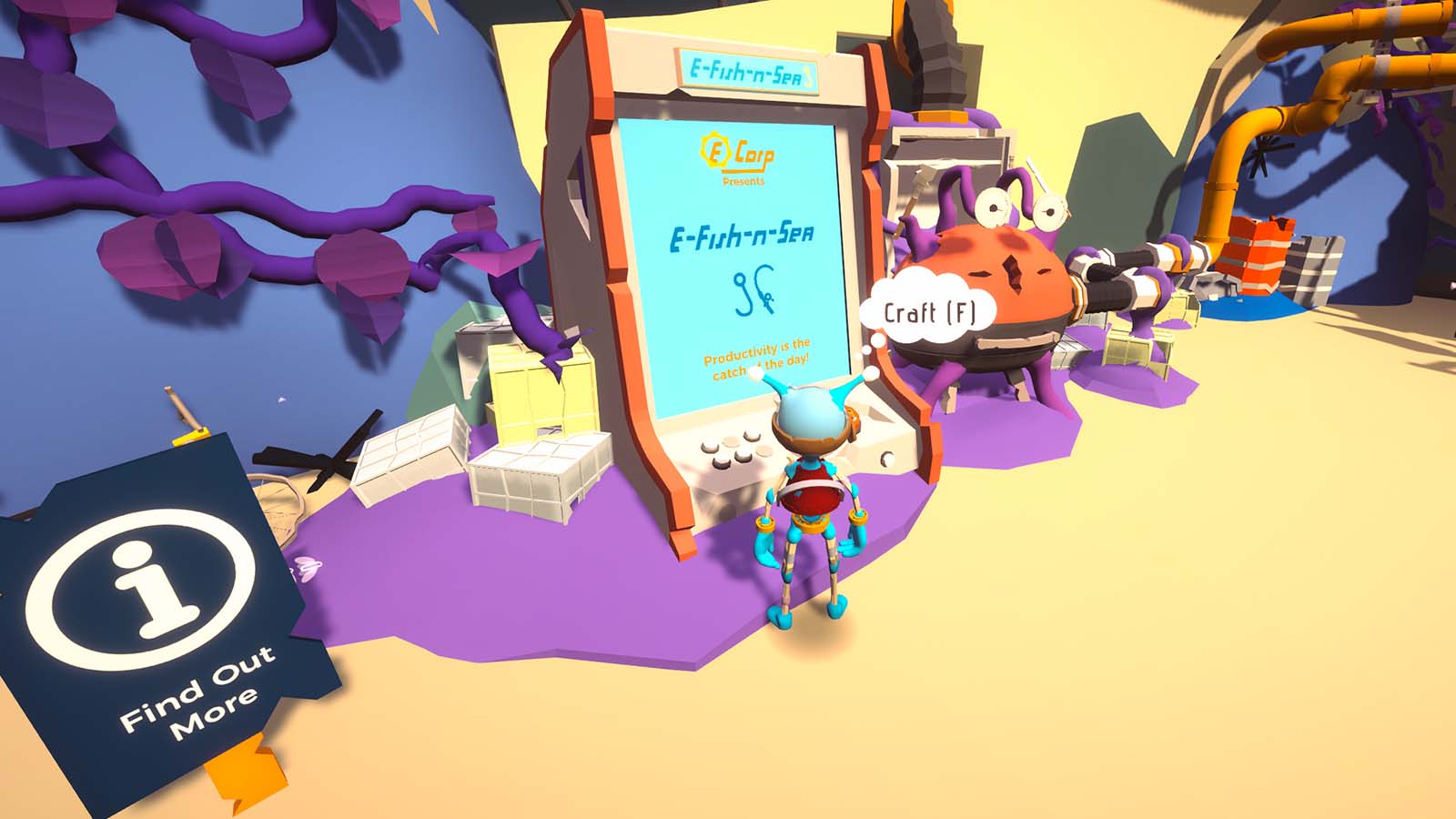Trash's Public Alpha is a result of two years of research, design and development. We began by defining a design brief that would help us create a distinctive product that can help establish our studio & develop something with meaning and the power to make a positive difference in the world. Next we identified the studios core values to understand what meaning and messaging we are trying to bring to our players. We then engaged in a lengthy research period to ascertain the technical, aesthetic and moral aspects of design we have the ability to achieve.
Finally, we contrasted this with market research based off sales for various genres of games, analysing our potential markets. This allowed us to strike a goldilocks ration between; what we want to make (our core values & likes), what we can make (our technical abilities) & what we should make (our market research). We then started developing a series of 6 prototypes that explored various aspects of the games design: Aesthetic, Gameplay, Character, Multiplayer Functionality & Procedural Generation.
After analys & feedback of the prototypes, we were able to make informed decisions on the games overall and specific design and began development the game itself. This development period culminated in the creation of our Alpha, a truly remarkable technical and creative achievement. It highlightings the core aspects of the game with fully functional multiplayer gameplay created by 2 programmers without networking experience.
The demo have an extremely high level of polish and depth of content, not regularly seen in an early stage alpha created by a small team. It champions our unique procedurally generated challenge zone mechanic and boasts an aesthetic not seen in any other game. It also gracefully entwines strong environment messaging in its environmental design. It is a monumental building block in the greater games development.

